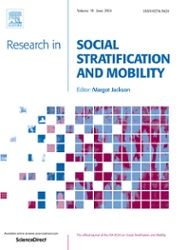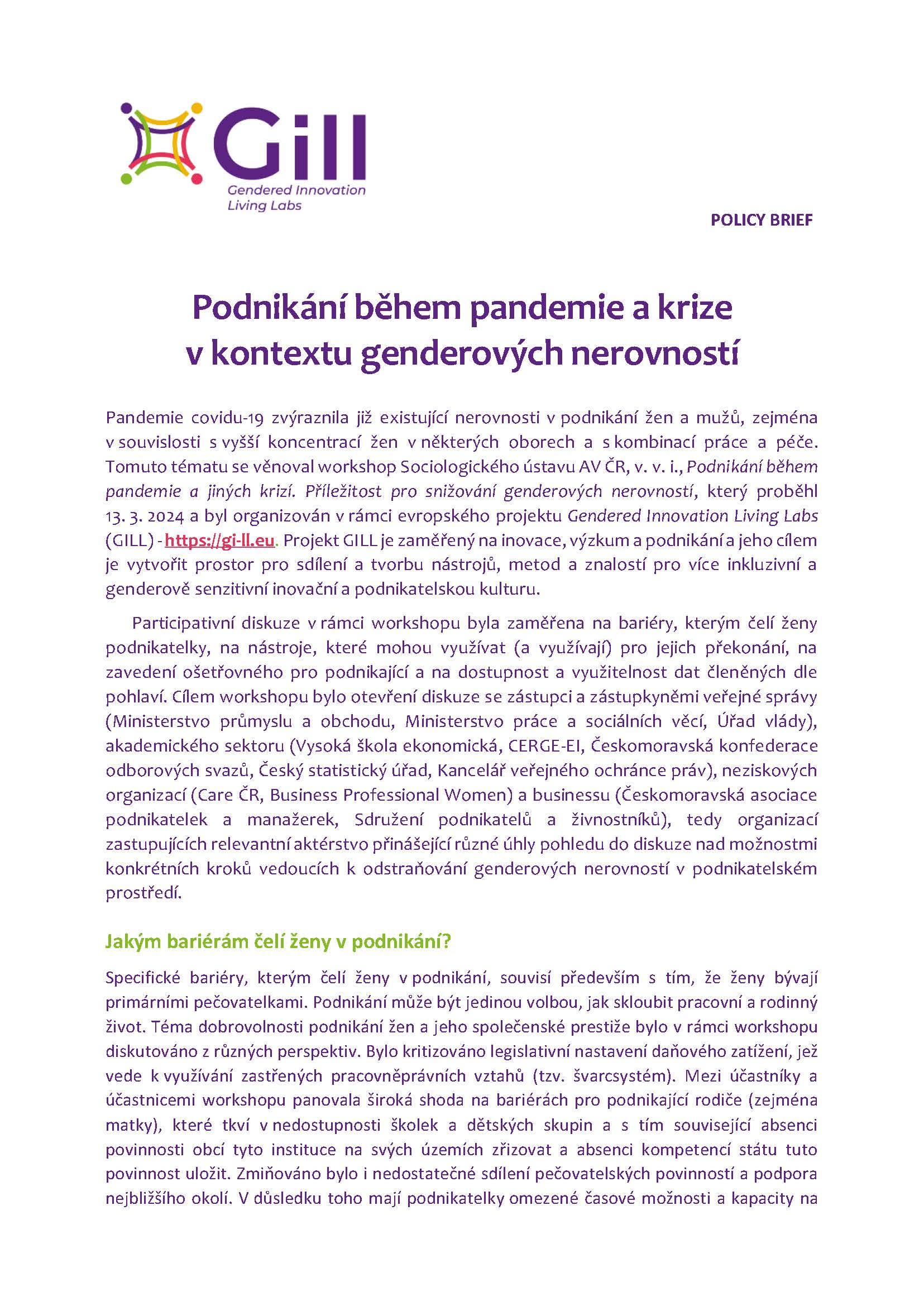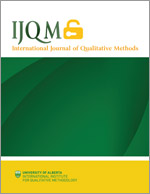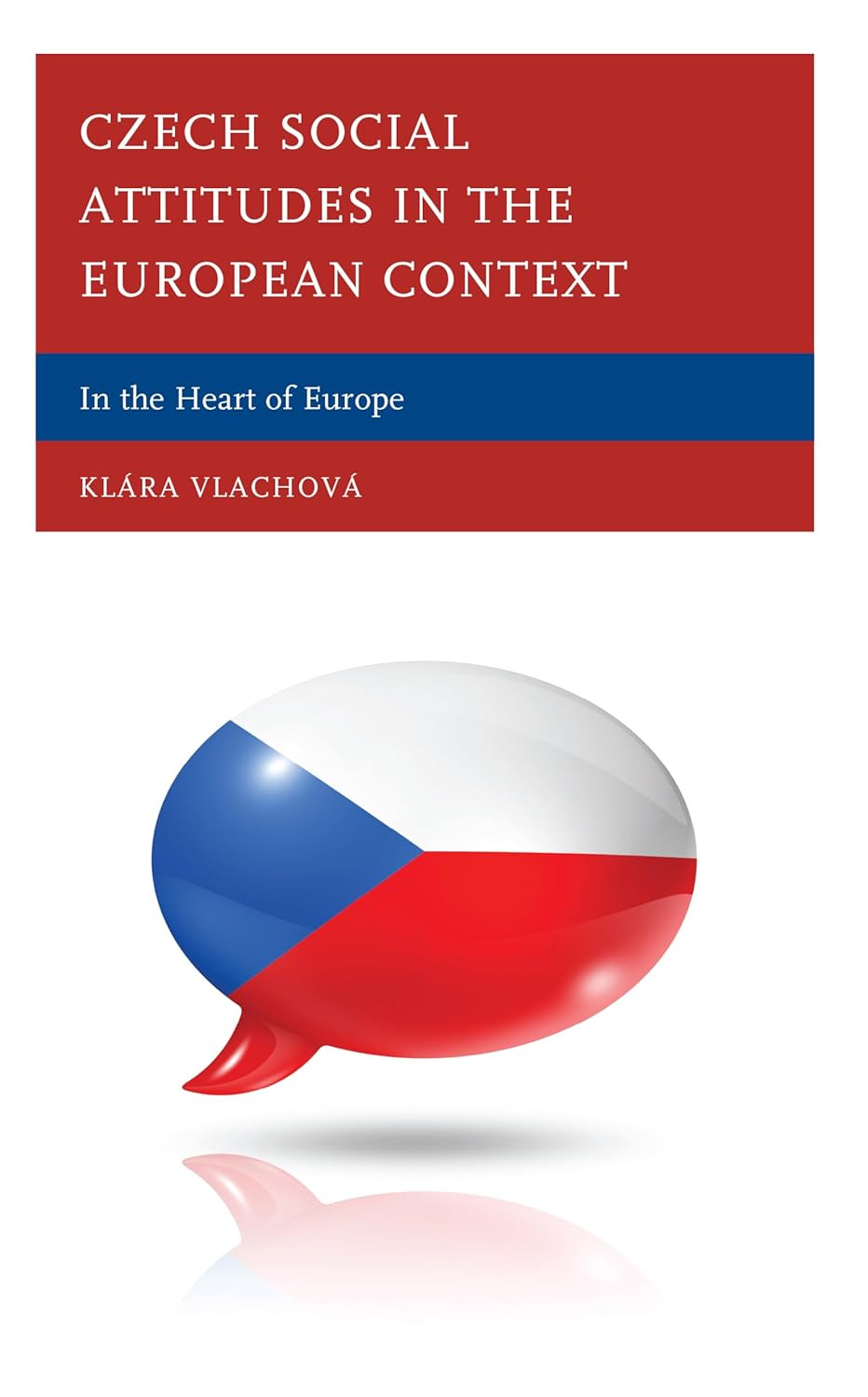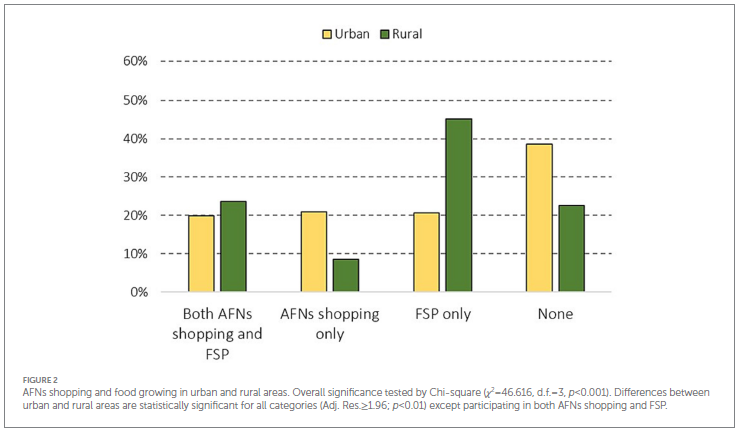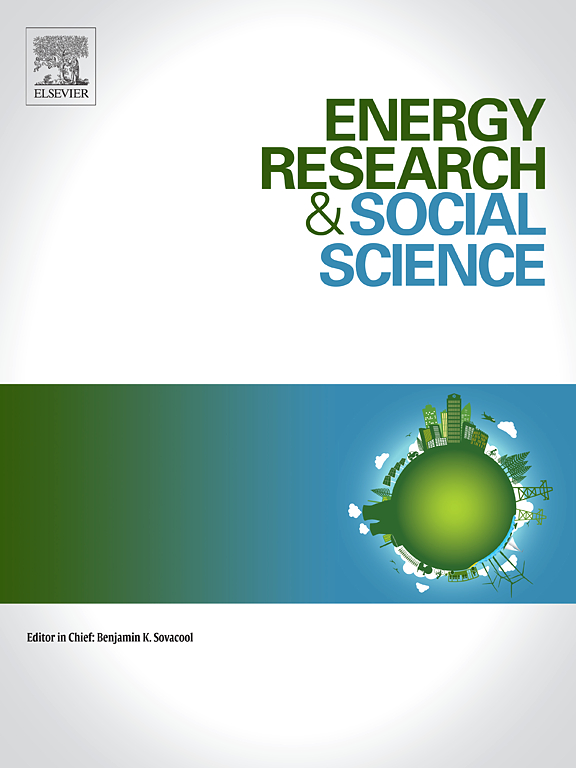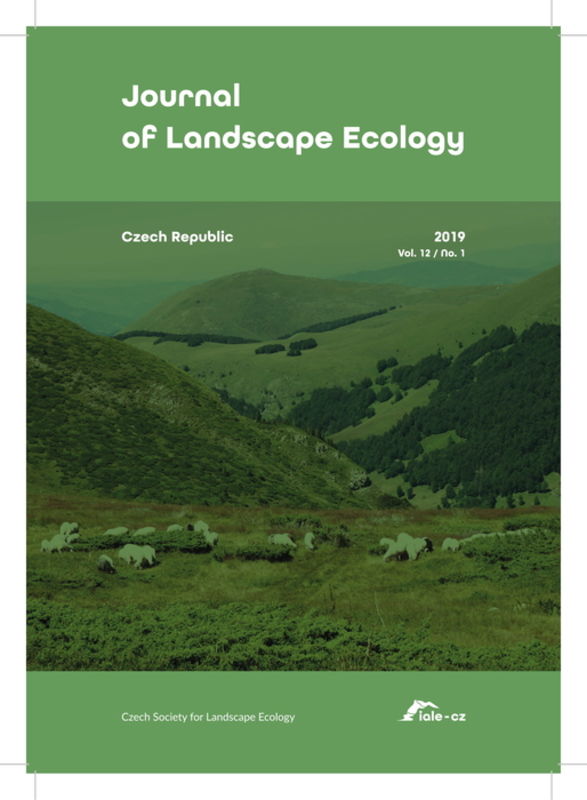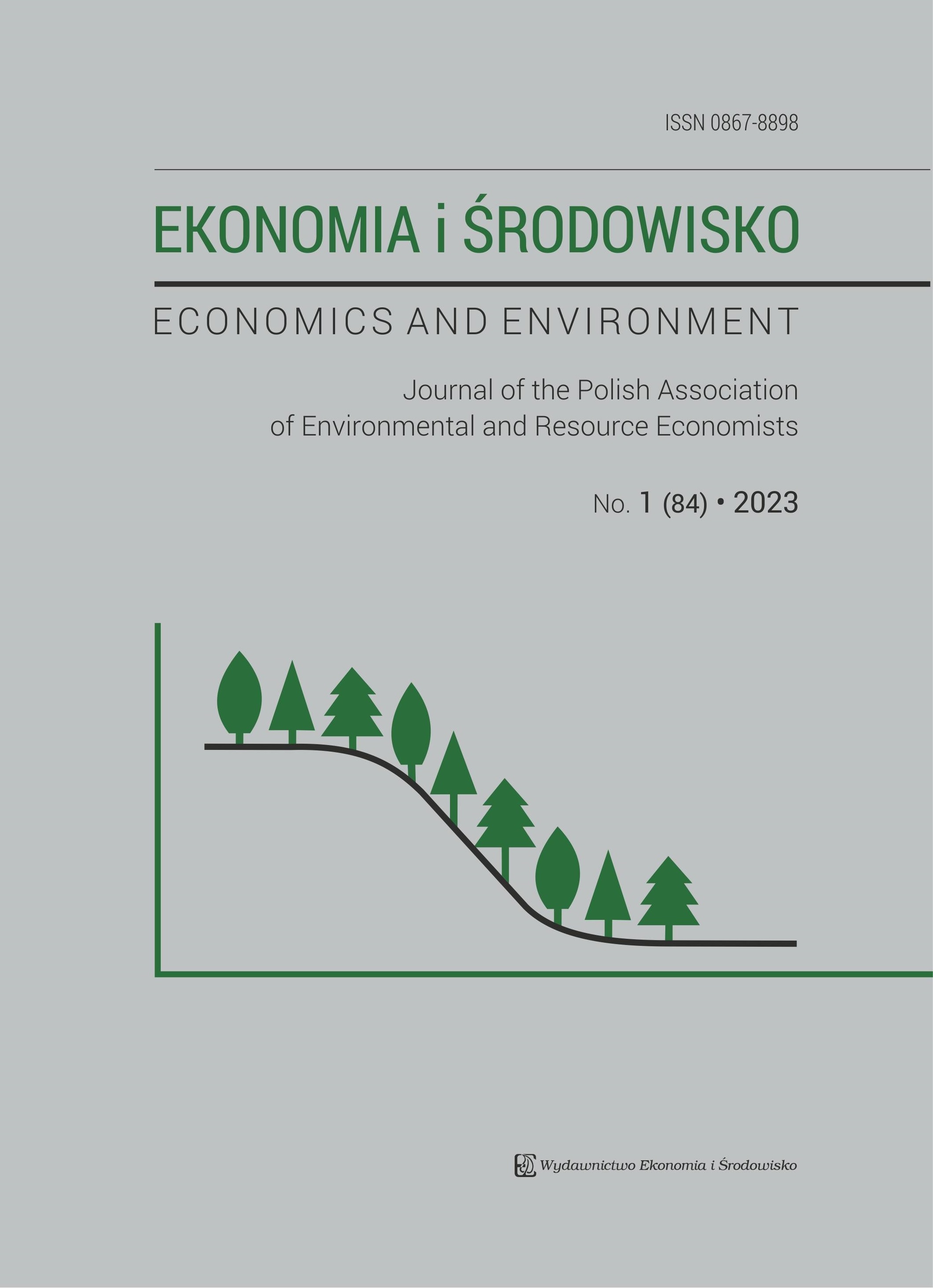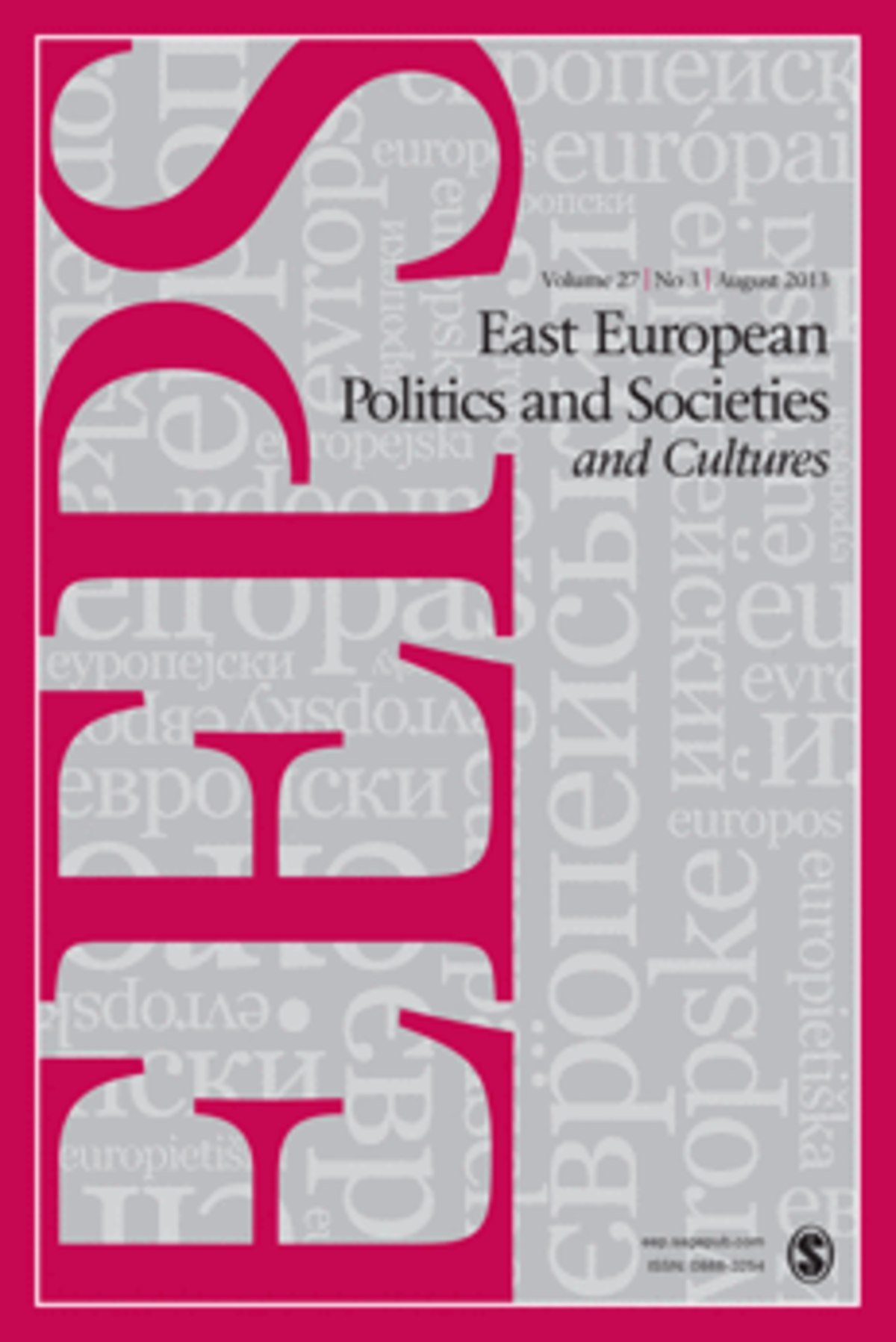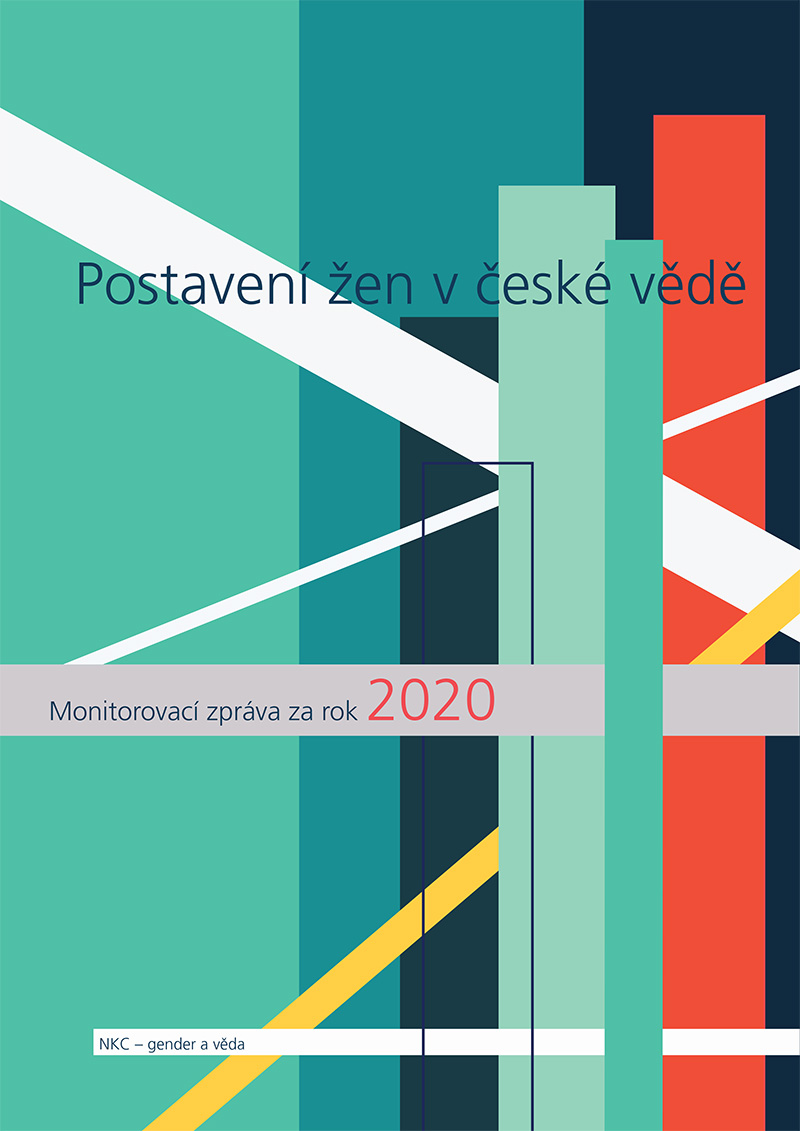Publications
Measurement Invariance of Subjective Social Status: The Issue of Single-item Questions in Social Stratification Research
Themes: Research Methodology, Social Inequalities
Gender and eco-domesticity: Are sustainable consumption and a return to the home emancipatory in Czechia?
Themes: Gender, City and Village, Care, Parenting, Environment, Lifestyle
Podnikání během pandemie a krize v kontextu genderových nerovností
Themes: Gender, Work
Publication Type: Other Publication
The Mobility Interview: Triangulating Interview and GPS Data to Explore the Role of Mobility in Everyday Life
Themes: Research Methodology, Migration and Mobility, Wages and Incomes, Technology, Age and Aging, Standard of Living
Psychometric properties and measurement invariance of the Czech version of the Temporal Satisfaction with Life Scale
Themes: Research Methodology, Health
Czech Social Attitudes in the European Context
Themes: Trust/Social Cohesion, European Union, Interpersonal Relations, Politics and Political Attitudes, Social Inequalities, Public Opinion
Publication Type: Professional Book / Monograph
Department: Value Orientations in Society
An insight into market and non-market alternative food networks in Czechia during Covid-19 and beyond
Themes: City and Village, Consumption, Health
Postavení žen v české vědě. Monitorovací zpráva za rok 2021
Themes: Gender, Sociology of Sciences
Publication Type: Other Publication
Department: National Contact Centre for Gender & Science
Single-item measures of happiness and life satisfaction: the issue of cross-country invariance of popular general well-being measures
Themes: Research Methodology, Health
Item response theory-based psychometric analysis of the Short Warwick-Edinburgh Mental Well-Being Scale (SWEMWBS) among adolescents in the UK
Themes: Research Methodology, Health
Counter-strategizing after a dialogue failure: Stakeholder involvement and nuclear waste disposal in the Czech Republic
Themes: Energy, Sociological Theory, Technology
Workers’ Satisfaction during the COVID-19 Pandemic in Central and Eastern Europe
Themes: Economy, Work
Amount and Causes of Food Waste in Households from Perspective of Consumers – the Case Study of the Czech Republic
Themes: Consumption
Pandemic gardening: A narrative review, vignettes and implications for future research
Themes: City and Village, Health, Environment, Lifestyle
Department: Local and regional studies
Sleep quality and sleep routines as mediators of stressors and life satisfaction in Czech university students: a structural equation model
Themes: Sociological Data, Health
Permaculture and back‐to‐the‐land migration: Pursuing self‐sufficiency in Czech rural areas
Themes: City and Village, Migration and Mobility, Regions, Consumption, Environment, Lifestyle
Social Perception of Trees in the Landscape: The Connection Between Attitudes and Visual Preferences
Themes: Environment
Energy literacy in Czechia and its influence on citizens’ perception of energy consumption behaviour
Themes: Energy, Consumption, Public Policy, Environment
Obedient mothers, healthy children: communication on the risks of reproduction in state-socialist Czechoslovakia
Themes: Gender, Parenting, Health
Žít ekofeminismus: Femivorismus a nová domesticita
Themes: Gender, Climate Change, Environment, Lifestyle
Economic strain in post-communist countries and the rest of Europe: Attitudes towards the unemployed and the old
Themes: Social Inequalities, Social Policy
Erasmus (+) student mobility: individual and institutional motivations and effects
Themes: Education
Publication Type: Chapter in a Book / Monograph
Department: Value Orientations in Society
Postavení žen v české vědě. Monitorovací zpráva za rok 2020
Themes: Gender, Sociology of Sciences
Publication Type: Other Publication
An Item Response Theory Analysis and Psychometric Properties of the Czech Version of the Satisfaction with Life Scale
Themes: Research Methodology
Page 1 of 114
